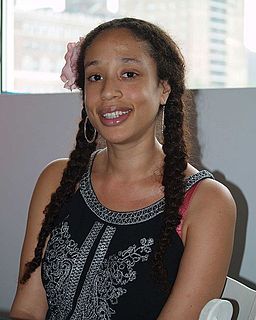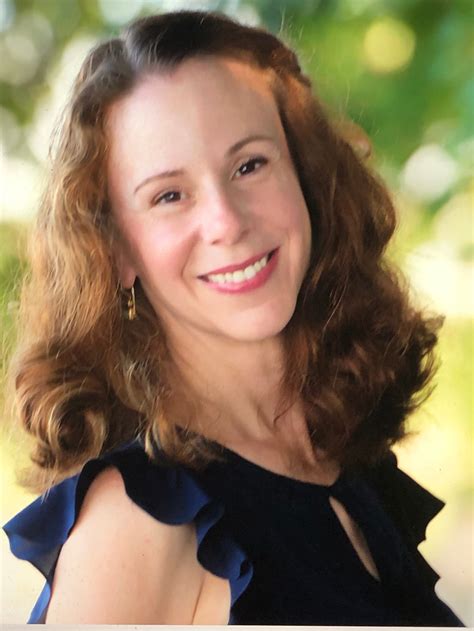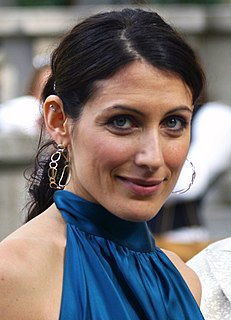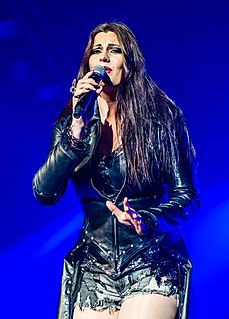A Quote by Deborah Eisenberg
It's certainly possible to write fiction that isn't trivial and isn't what people would call political, but it is very hard to figure out how, because our ordinary lives have such a strong tincture now of the whole world.
Related Quotes
Certainly political capital-slash-celebrity attention, whatever you want to call it, certainly is part of the reason why I've been reaching out to CEOs. There's a lot of folks who probably would have taken a call from me before but are even more inclined now and are interested in what we're doing because of all the attention.
There are people with an explicit political bent complaining about people having political agendas while nominating stories with political agendas. Is it political to try to be diverse? Is it political to try to imagine a non-heteronormative society? Yes, because it involves politics. But how do they expect us to not write about our lives?
I think some people are not interesting to themselves. They're the sad, resigned folk. When people call themselves ordinary - "I'm just an ordinary person" - you do wonder what they mean, because people who call themselves ordinary occasionally turn out to be serial killers. Beware of those who say they're ordinary.
In the case of Donald Trump I think you've got to accept that a lot of what's going on in political discourse is based upon judgement. How the economy works - how people work - what will come to pass - what will not come to pass - what is possible - what is not possible. There is this whole modal dimension. There's a lot in politics that is making a judgement about what might be and can be and would be. Trump frightens a lot of people but there is a bizarre possible world in which it turns out as he's vindicated, though most of us think the evidence is against it.
I chose to write about food: food is inherently political, but it's also an essential part of people's real lives. It's where the public and private spheres connect. I wanted to show readers that the larger politics of war and economics and U.S. foreign policy are inextricably bound to the supposedly trivial details of our everyday lives.
The roles that men and women play are no longer the standard traditional roles of way back when but are those of two very individual people living their lives. I think it's been a hard transition in society - just take a look at the divorce rate - to figure out what that means now. How do you resolve that?
During your lifetime, the people of our culture are going to figure out how to live sustainably on this planet--or they're not. Either way, it's certainly going to be extraordinary. If they figure out how to live sustainably here, then hum anity will be able to see something it can't see right now: a future that extends into the indefinite future. If they don't figure this out, then I'm afraid the human race is going to take its place among the species that we're driving into extinction here every day--as many as 200--every day




































